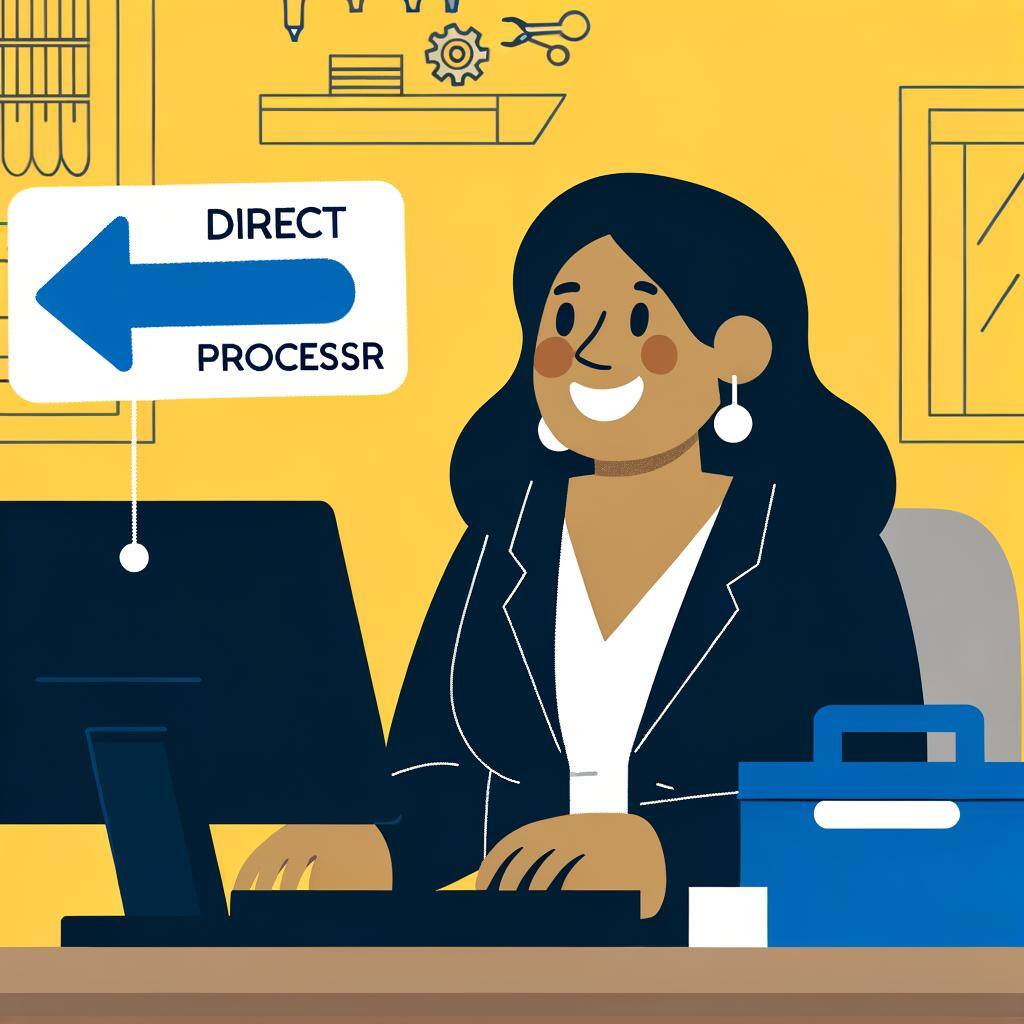Banned by Your Software Company? Direct Processing Might Be Your Answer
Running a business online is a dream for many, but what happens when your product falls on the "prohibited" list of major payment processors like Stripe, Shopify, or Square? These processors, known as PayFacs (payment facilitators), handle the financial nitty-gritty for countless businesses. But due to regulations and risk management, they often restrict certain industries.
So, what if your business sells medical products, pharmaceuticals, e-cigarettes, or something else deemed "high-risk"? Don't despair! Direct payment processing offers an alternative.
Why PayFacs Restrict Businesses?
PayFacs like act as intermediaries between your business and banks. To maintain good standing with banks and comply with complex regulations, they have to be selective. Businesses with adult related items or auto subscriptions can be rife with fraud or chargebacks, making them a risk for PayFacs. Stripe's prohibited business list can be found here.
The Direct Processing Advantage
Direct processors connect your business directly to acquiring banks. This bypasses the restrictions of PayFacs and allows for more flexibility. Here's how it can help:
- Approval for "High-Risk" Businesses: Direct processors often specialize in working with businesses on PayFac blacklists. They understand the risks and have the experience to navigate them.
- Greater Control: With direct processing, you have more control over your payment flow and fees. You negotiate directly with the bank, potentially securing better rates.
- Transparency: Direct processors are typically more transparent about their fees and risk management procedures.
Is Direct Processing Right for You?
Direct processing isn't a magic bullet. It often comes with higher upfront costs and stricter underwriting (the bank's risk assessment process). Additionally, you'll need to handle compliance issues yourself with the help of your provider.
Exploring Your Options
If your business is on a PayFac blacklist, direct processing can be a viable option. However, carefully weigh the pros and cons. Research reputable direct processors who specialize in your industry. Remember, direct processing requires a higher level of involvement from you, so be sure you're prepared for the commitment. Ask us your questions. We can help!

